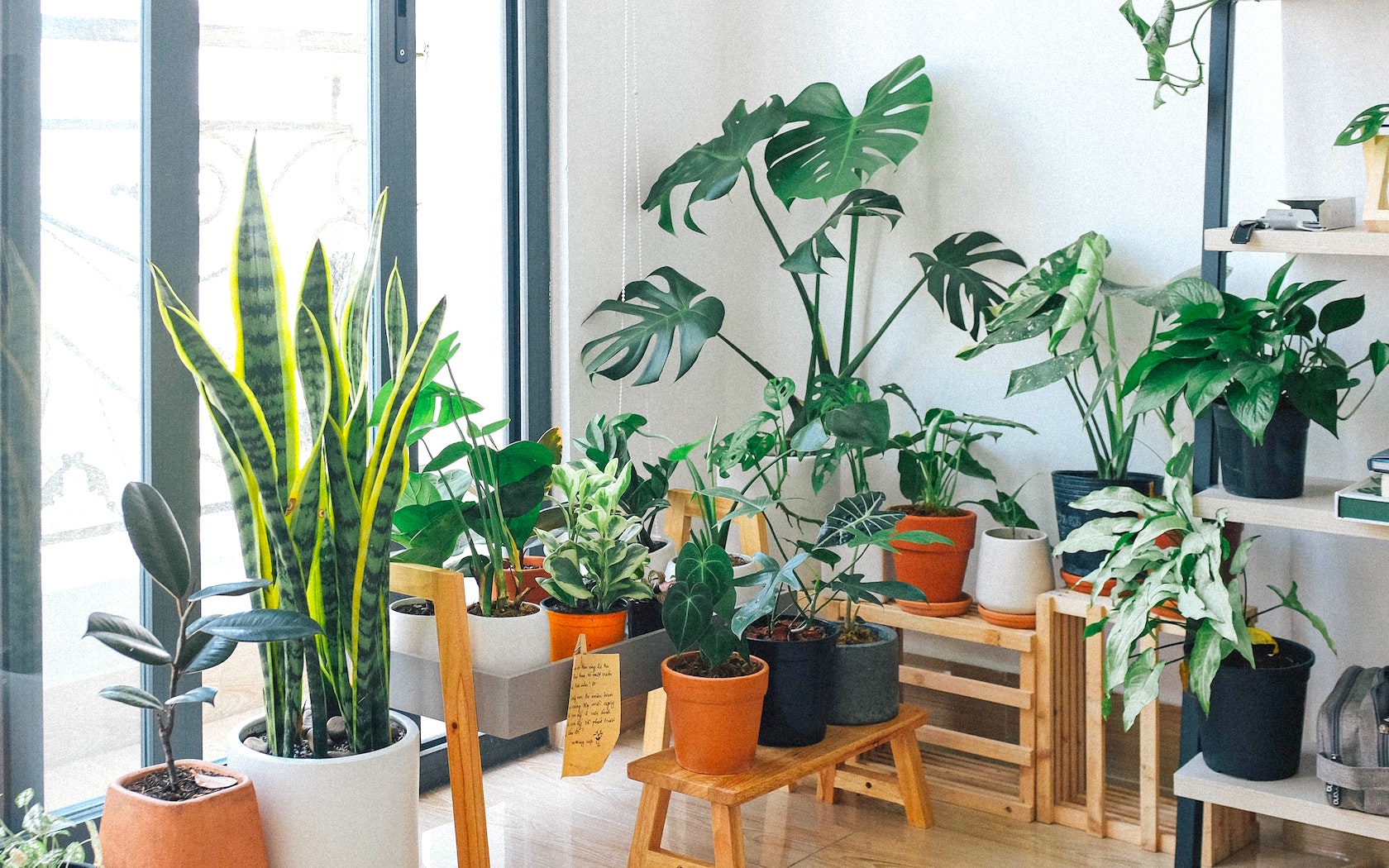14 ways to deal with the pests of apartment pots
An effective way to eliminate plant pests at home is to use plants that contain certain properties to ward off harmful insects.
Pests inside the soil of household copper pots can grow quickly, to the extent that it shortens the life of the plant. Soil inside the pot can have pests such as ticks, aphids, ants and other types of insects. Pests inside the pot soil can be quickly omned with timely detection and save the plant from damage.
Symptoms of pests in pot soil include plant wilting, yellowing of foliage or perforation of plant leaves. Healthy and strong plants usually show more resistance to pot soil pests, but weaker plants can quickly dissipate.
Methods to deal with the pest of apartment pot soil
If your home plant is plagued by pests, there are a wide range of biological pesticides, such as a variety of pesticide soaps, that eliminate pests without harming the plant and the occupants of the house.
1. Use the right pesticide. Read the pesticide label very well that is suitable for the type of pest and at the same time do not harm the plant itself.
2. Use organic pesticides. A variety of organic pesticides including alcohol, ruton, insecticide soaps, etc. are available.
3. Rinse the plants with mild pesticide soap and water and then rinse the leaves of the plant well with warm water to get rid of the pests attached to the plant.
4. If you find cocoons or insect eggs in the stem or under the leaves of the plant, remove it from the plant with the help of isopropyl alcohol-impregnated cotton.
Methods to deal with plant pests
Another way to eliminate plant pests at home is to use plants that contain certain properties to ward off harmful insects. Choosing plants that can eliminate pests helps save money and time, and of course it is an environmentally friendly method that prevents the spread of pot soil pests.
1. First of all, identify the needs of the home plant. For example, some pots require more light and a place in bright spaces. In contrast, some plants enjoy being exposed to artificial light more often.
2. To strengthen the pot soil use suitable fertilizer during plant growth seasons.
3. Pot soil should be pasteurized and industrial soils. If you add a new plant to your collection of pots, keep it separate from other plants for a while to make sure it doesn't suffer from pests or diseases.
4. Circulation and airflow around apartment flowers is very important.
5. Use plants such as basil to ward off mosquitoes, flies and other pests. To protect the bushes of the tomato plant, you can plant the basil plant next to it. This not only helps pesticides, but also grows and grows tomatoes coarser.
6. Use garlic planting to prevent the growth of aphids, Japanese beetles, carrot pests, feathers, snails and worms.
7. Use lavender plant around other plants to excrete fleas and flakes.
8. Parsley plant can also keep many destructive pests and insects and even rodent animals away from plants. French parsley flowers can also excrete pests such as white flies and nematodes. Note: Note that French parsley flowers can absorb pests such as spiders and snails.
9. The dill plant is repellent to spiders and aphids.
10. Mint plant can also be effective in soil pest disposal of household pots. Mint prevents the growth of ants, confectionery pests, aphids, fleas, Japanese beetles and other insects. The use of dry mint can also destroy the colonies of ants and drive them away.
Note that contaminated flowers should be separated from other pots and their pest-ridden foliage should be removed. These plants should be washed periodically with anti-pest soap to prevent pests from growing and spreading in the home space.

